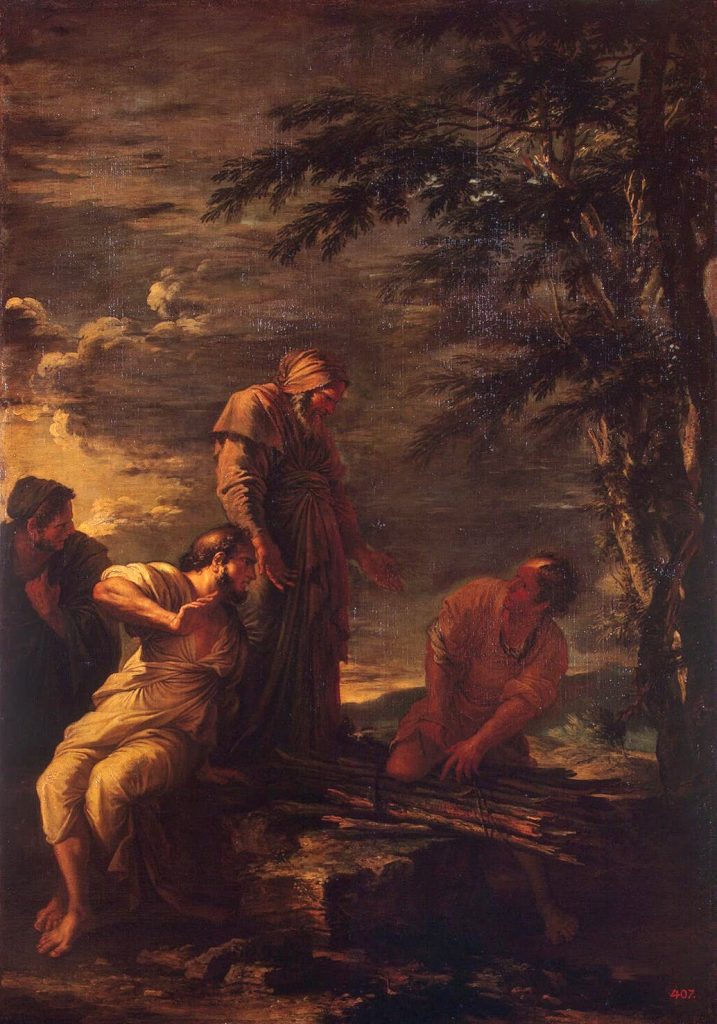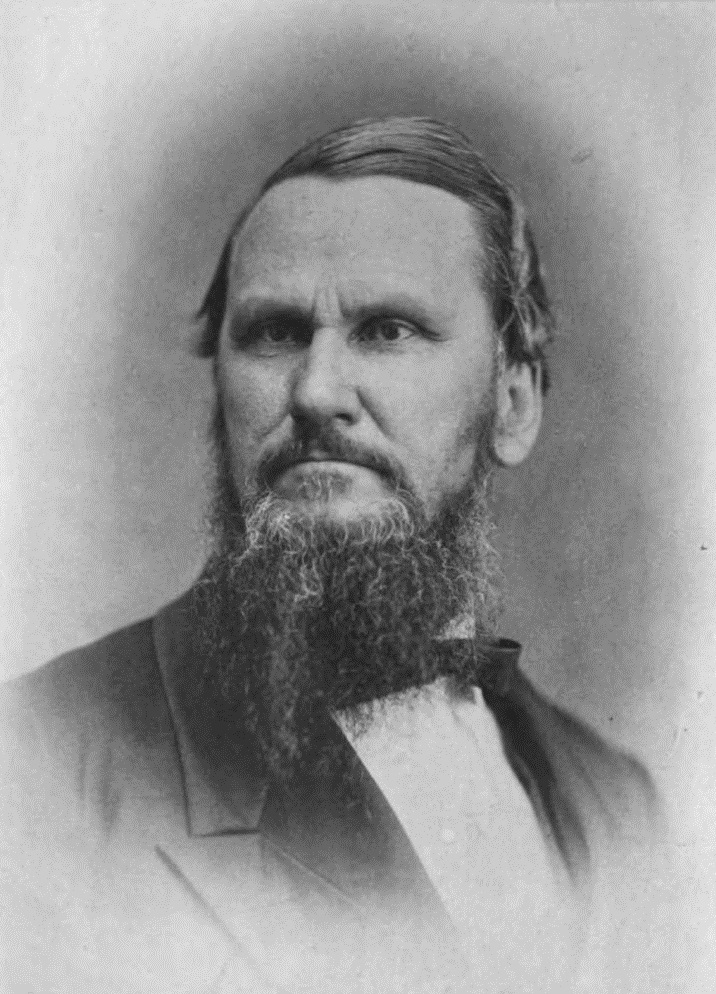A Brief Introduction to Mencius
When discussing Confucianism, the first book people think of is The Analects of Confucius, which is understandably the most famous Confucian work by a wide margin. This book is, Scripture aside, the most important book I’ve ever read in forming my own political and social ideas, and my opinion of Confucius is largely the same as his student Tsze-kung:
Were our Master in the position of the ruler of a State or the chief of a Family, we should find verified the description which has been given of a sage’s rule: he would plant the people, and forthwith they would be established; he would lead them on, and forthwith they would follow him; he would make them happy, and forthwith multitudes would resort to his dominions; he would stimulate them, and forthwith they would be harmonious. While he lived, he would be glorious. When he died, he would be bitterly lamented. How is it possible for him to be attained to?

